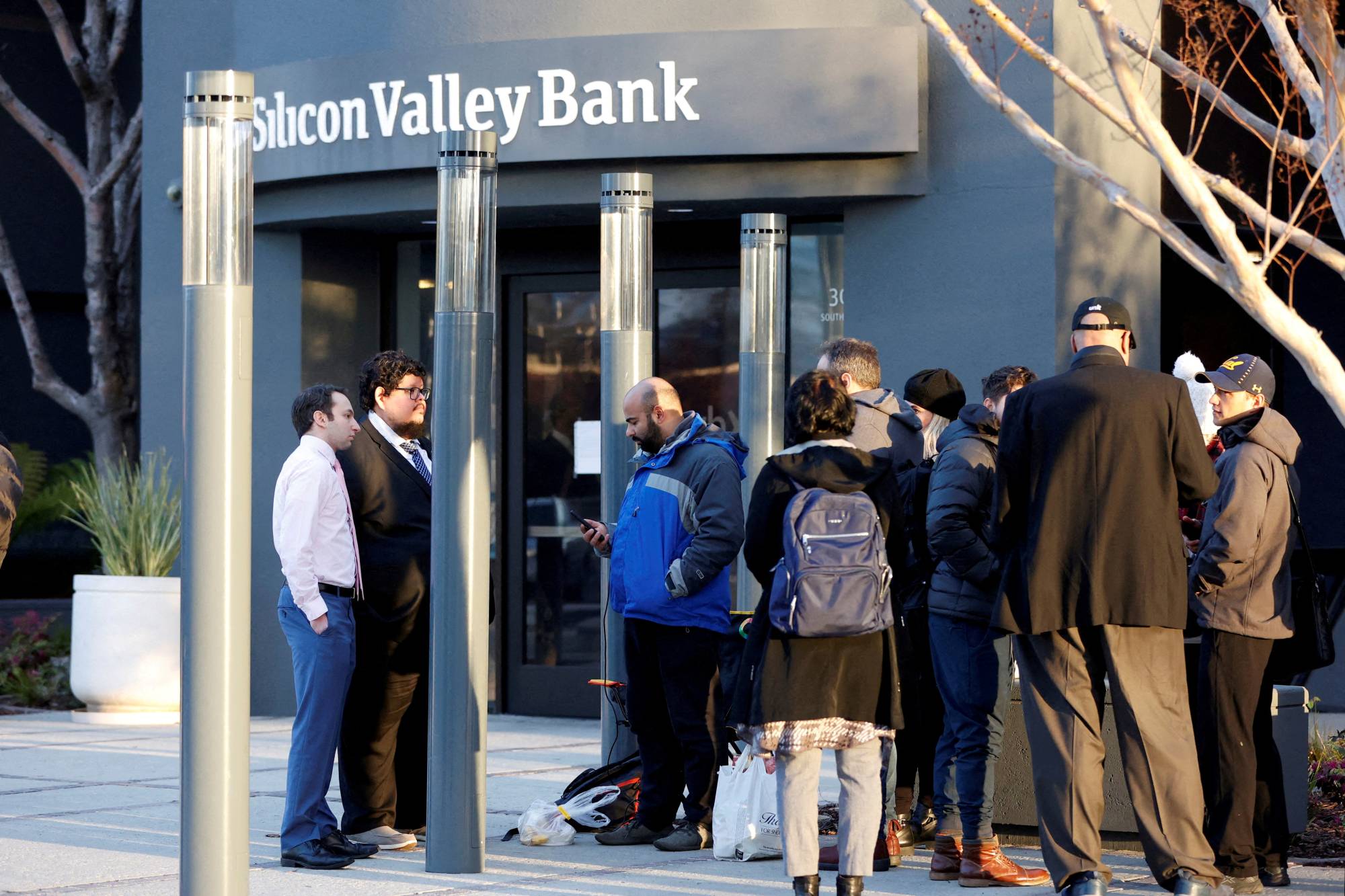The spectacular collapse of Silicon Valley Bank (SVB) — the second-largest bank failure in U.S. history — has evoked memories of the 2008 collapse of Lehman Brothers, which sparked the worst economic crisis since the Great Depression.
But the current situation is, at least for Germans and other Europeans, more reminiscent of the “founder’s crash” (Grunderkrach) of 1873. Then, as now, an era of cheap credit had fueled a tech boom and then triggered a banking crisis. In those days, the startups were in railroads, electronics and chemistry, but there were also a large number of financial startups rising with the tide. In both cases, the crisis was rooted in bad accounting rules that turned the financial system into a playground for gamblers.
Before the 1870s, the liberalization of German and Austro-Hungarian corporate laws that paved the way for joint-stock companies had exempted founders from private liability, leading to an explosion of new, well-financed startups. Much of this joint-stock frenzy was concentrated in the fledgling manufacturing industries, whose rapid growth brought a period of unprecedented economic prosperity known as the “founders’ era” (Grunderzeit). The cities of Europe’s German-speaking countries were soon filled with magnificent Grunderzeit buildings, some of which can still be admired today, while new financial institutions collected funds and deposits to invest in securities and company shares.



